On the afternoon of May 28, the National Assembly discussed in the hall a number of contents with different opinions in the draft Law on the Capital (amended). The issue that many delegates were interested in discussing was the regulations on the organization of urban government and payroll management.
There cannot be many models of urban government organization.
Delegate Le Hoang Hai (Dong Nai) expressed his agreement with the regulations on government organization in Hanoi as in the draft law.
However, this model is different from the urban government model in Da Nang City and Ho Chi Minh City. The Government's viewpoint on the development of advantages and disadvantages of urban government models is not really clear; it has not shown the difference in organization leading to the difference in the way of managing and operating urban government activities, the mechanisms and policies applied.
Therefore, delegates proposed to study, summarize, evaluate, and consider amending and supplementing the Law on Organization of Local Government or developing a separate Law on Urban Government to create a basis for synchronous, stable, and unified application of contents on urban government.
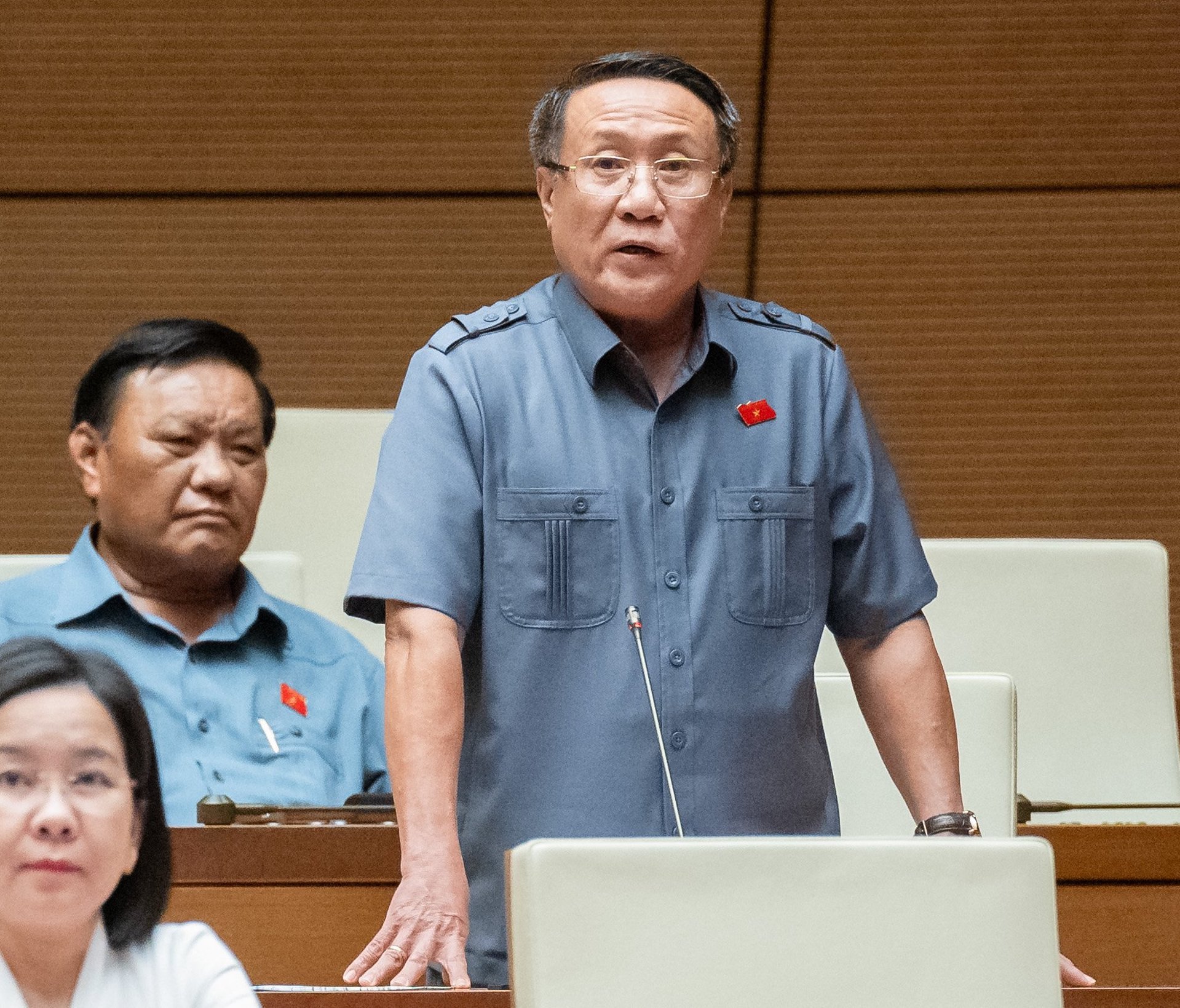
Sharing the same concern, National Assembly Delegate Ha Sy Dong, Permanent Vice Chairman of the People's Committee of Quang Tri province, emphasized that organizing many levels of government in urban areas will lead to ineffective local governance and create discontinuity, segmentation, and inconsistency.
The delegate pointed out that Ho Chi Minh City and Da Nang have both organized a single-level urban government model, which is very effective because it is suitable for the characteristics of the urban areas, while Hanoi is piloting not organizing People's Councils at ward level.
“With the same urban characteristics, there cannot be many models of urban government organization in a country. If the draft is passed, the urban government organization in Hanoi will be two levels of government, while the urban government in Da Nang and Ho Chi Minh City will be one level of government, meaning there will be no district and ward People's Councils,” said delegate Ha Sy Dong.
Therefore, he suggested that it is necessary to carefully review the urban government organization model in the capital to ensure consistency in urban government organization in Vietnam.
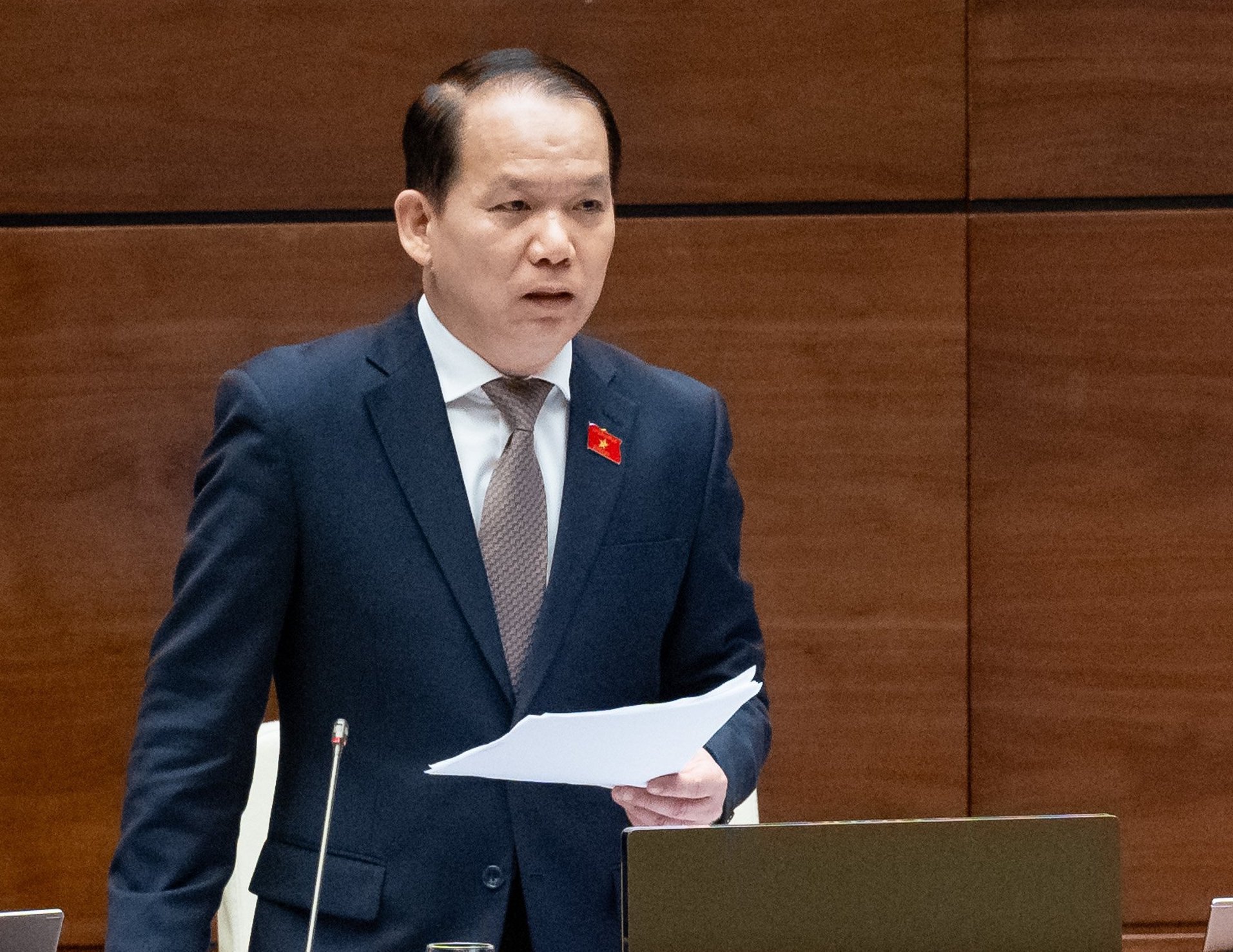
Explaining this content, Chairman of the Law Committee Hoang Thanh Tung said that through the summary of the pilot model of this model, it shows that Hanoi does not organize People's Councils at ward level, which is good and appropriate, so the Government continues to propose in the draft Law on the Capital to legalize the urban government model.
According to Mr. Tung, the pilot urban government model in Ho Chi Minh City and Da Nang is still in the process of continuing research and evaluation, the National Assembly has not yet concluded, so it is not possible to confirm whether those models are suitable for Ho Chi Minh City and Da Nang and are suitable for Hanoi or not.
“Therefore, this is a process that requires continued research and evaluation. In the immediate future, the Government proposes that the National Assembly allow the urban government model in Hanoi to be legalized, and we find this appropriate,” said the Chairman of the Law Committee.
Need to increase full-time delegates for Hanoi People's Council
In addition, Mr. Ha Sy Dong also said that the regulations on the tasks and powers of the Hanoi People's Council regarding the payroll have not yet demonstrated the idea of decentralization in payroll management because it is still implemented as it is now.
Recently, the National Assembly also passed Resolution 98 on decentralization, giving Ho Chi Minh City the right to decide the structure and number of cadres and civil servants working in communes, wards and towns.
Furthermore, in the spirit and policy of the Party, it is necessary to promote decentralization, delegation of power, and promote the autonomous and self-governing role of the capital's government.
"Therefore, the National Assembly should promote decentralization and management of staffing, giving Hanoi the right to decide on staffing for cadres, civil servants, and public employees. Of course, there must be a reporting, inspection, and control mechanism from the central government during the implementation process," the delegate suggested.
Delegate Ha Sy Dong also said that it is necessary to promote decentralization and authorization of the Government and the Prime Minister to the capital city's government to have enough authority to be proactive, flexible, and dynamic in implementing economic, social, and cultural development policies.
Supporting the regulation to increase the number of staff for the Hanoi People's Council, delegate Nguyen Thi Suu (Thua Thien Hue delegation) pointed out the reality that Hanoi has the position and role as the capital of the country, the heart and face of the nation. Therefore, the requirement to manage all aspects of the city's economic and social life is not simply similar to other localities.
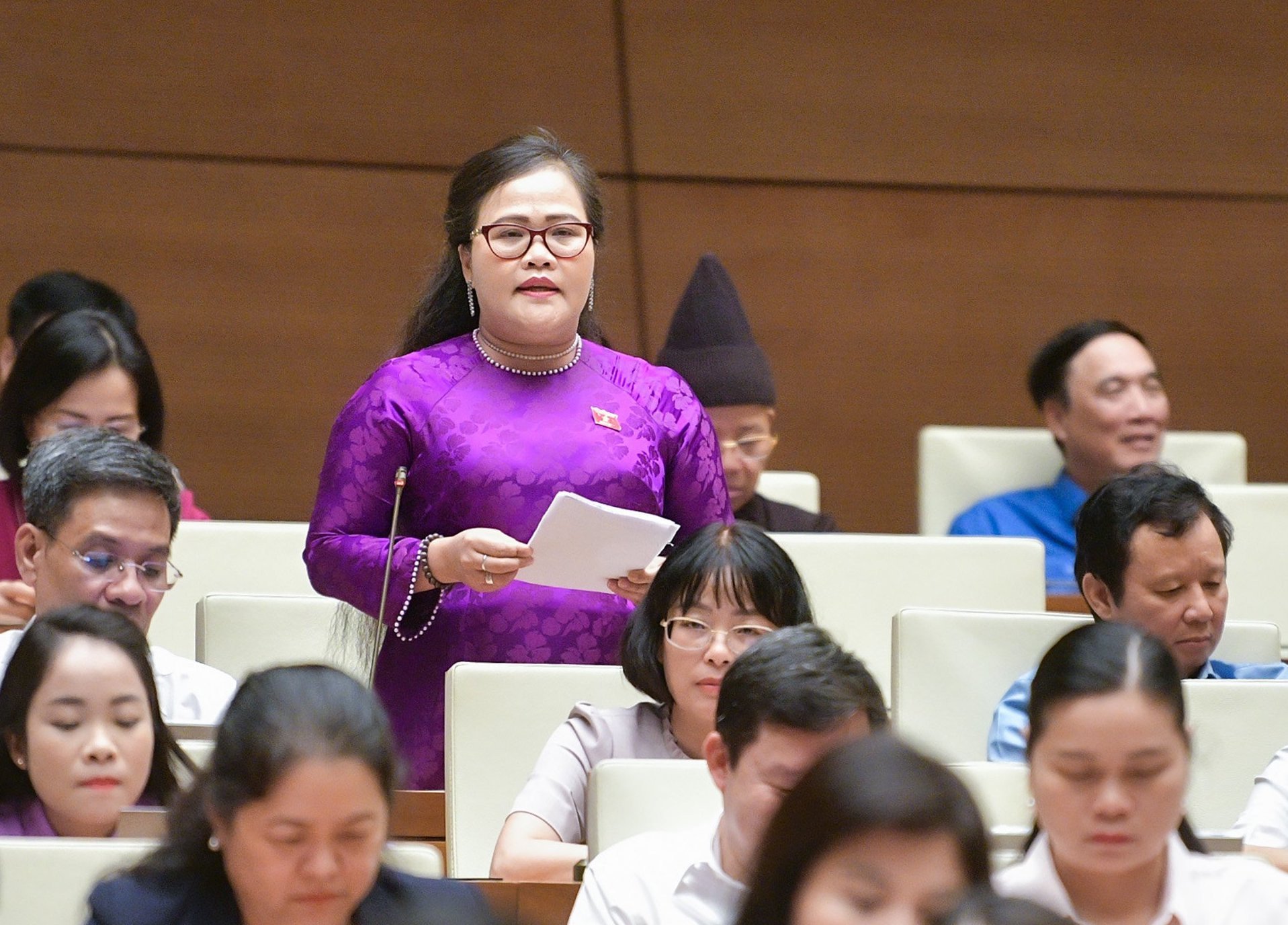
Moreover, Hanoi is a locality with a very large population, over 8.56 million people, the regular population is about 11 million people. There are many administrative transactions, very high management requirements, many responsibilities that the annual staffing, especially from 2021 compared to 2015, will reduce by 15.65% of administrative staff and reduce by 10% of civil servant staff while the amount of work is increasing, leading to pressure to perform tasks, especially for civil servants.
“If calculated by population per civil servant, currently in Hanoi it is 1,016 people/civil servant, while the average of our 63 provinces and cities is 686 people/civil servant. Regarding the organizational structure, the number of City People's Council delegates currently has a ratio of 90,000 people/delegate, while the average of our whole country is 26,500 people/delegate,” the delegate compared.
On the other hand, Ms. Suu said that without organizing ward People's Councils, the number of People's Council delegates at all levels of the city has decreased significantly and will continue to decrease when some districts of the city develop into districts.
"Increasing the number of full-time delegates also requires arranging and assigning work tasks in the People's Council's committees to work regularly and continuously," said a female delegate from Thua Thien Hue province.
Chairman of the Law Committee Hoang Thanh Tung acknowledged the delegates' suggestions that the Hanoi government should be more strongly delegated regarding the issue of staffing.
“The current draft has been strongly innovated in the direction that Hanoi City will base on population size, job positions and socio-economic situation as well as workload and budget balance ability to decide and determine the number of staff, civil servants and public employees of the city to submit to competent authorities for decision and ensure the ratio between staff and total population is not higher than the national average”, Mr. Tung explained.
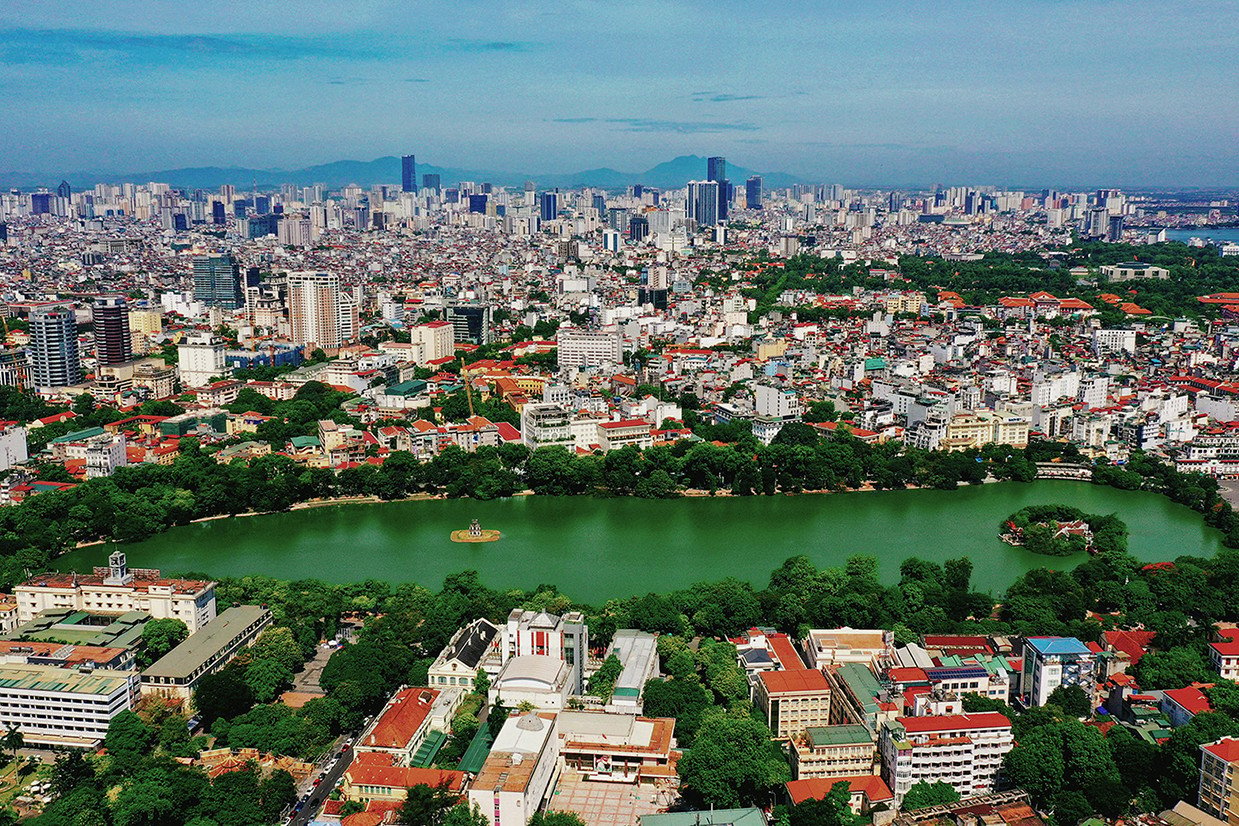
Proposal to add one more vice chairman of Hanoi People's Council
Source: https://vietnamnet.vn/dai-bieu-quoc-hoi-nen-giao-ha-noi-duoc-quyen-quyet-dinh-bien-che-2285416.html


![[Photo] Prime Minister Pham Minh Chinh meets with representatives of outstanding teachers](https://vphoto.vietnam.vn/thumb/1200x675/vietnam/resource/IMAGE/2025/11/15/1763215934276_dsc-0578-jpg.webp)




![[Photo] General Secretary To Lam receives Vice President of Luxshare-ICT Group (China)](https://vphoto.vietnam.vn/thumb/1200x675/vietnam/resource/IMAGE/2025/11/15/1763211137119_a1-bnd-7809-8939-jpg.webp)


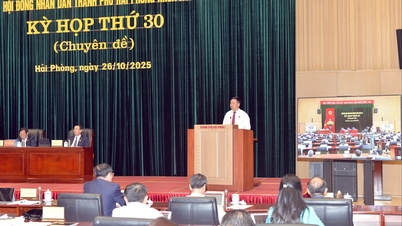

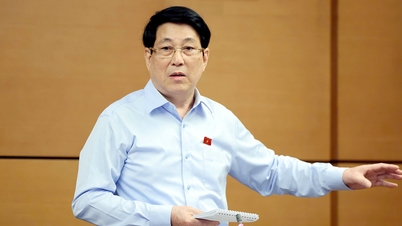



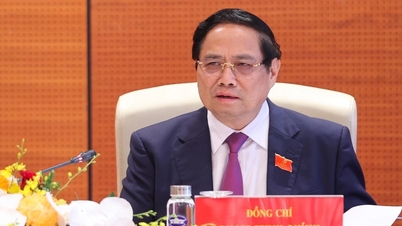

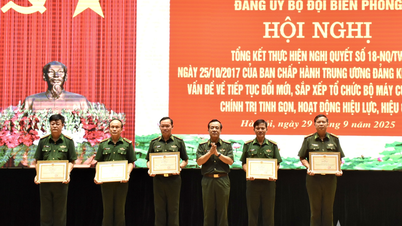
























































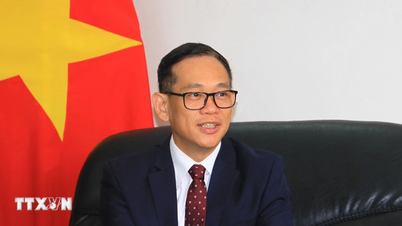































Comment (0)